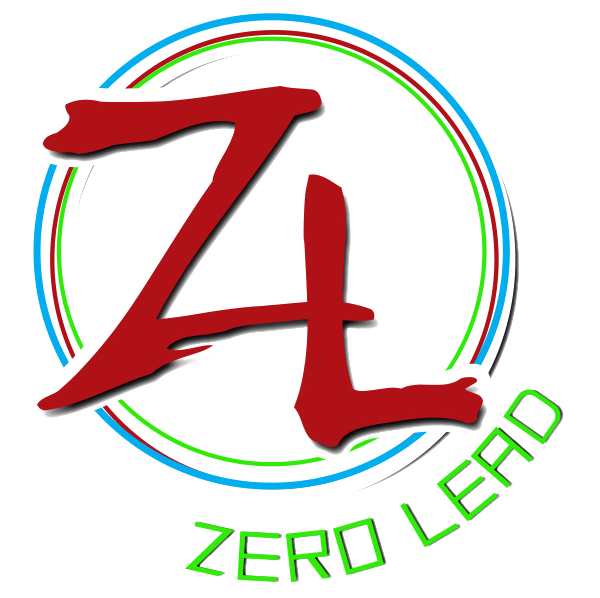Lead Free (Zero lead):
UPVC Pipes are made from high quality raw
material that is totally free from Heavy Metals such as Lead. It’s completely 100% safe for Potable Water application and it is Environment friendly while still maintaining the same desirable physical properties that UPVC Pipes are known for:
- Total heavy metal free.
- Hygiene properties meet standard requirements.
- Mechanical properties meet standard requirements.
- More thermal stability.

